20+ Years Experience
Specialist Business Insolvency Company

Get in Touch Today to Speak to a Specialist Adviser
As a business owner, you know the feeling. It’s almost the end of the tax year, and you start to remember that dreaded invoice that arrived in the post earlier in the year.
You know you have to pay corporation tax, but when you look at your current income statement, you know there’s no way to make that payment.
What can you do if you can’t pay corporation tax in the UK?
Businesses should contact HMRC as soon as possible to discuss their options and work out a repayment plan.
Depending on the individual circumstances, HMRC may offer Time To Pay arrangements or other payment plans to help manage the debt.
Thanks to recent changes in UK legislation, you have a few options for dealing with your corporation tax debt.
In this blog post, we’ll explore the different options available to a business if it can’t pay corporation tax in the UK.
We examine whether you can pay in instalments to HMRC, the possibility of entering into a Time to Pay agreement, and how you can use a business loan to get your business back on track.
You may also be interested if you an close a limited company with debts to HMRC.
Whether you’re a small business owner, a large corporation, or anything in between, you need to know how to react if you can’t pay corporation tax in the UK. So, let’s get started.
Corporation Tax is a type of taxation businesses liable to pay in the United Kingdom. It is applied to companies’ taxable profits, which are the total profits after deductible expenses and allowable losses have been taken off.
Companies must register for Corporation Tax with HM Revenue & Customs (HMRC), and it falls upon them to calculate and pay their due tax on time.
When a company’s taxable profit is released, the Corporation Tax calculation against it must be made within nine months and one day from the company’s financial year-end.
Failure to do so, or filing late payments, can result in substantial penalties from HMRC – even if you can prove that your company could not afford to pay the tax, that does not excuse non-payment of taxes.
The current rate of Corporation Tax for smaller companies in the UK is 19%, up from 17%. For larger companies, this rises slightly to 24%.
That said, it is important to remember that businesses have options if they cannot afford to pay Corporation Tax before its deadline.
Knowing what these options make all the difference when cash flow is tight.
Corporation Tax in the UK can be a significant burden on companies – especially when cash flow issues arise suddenly due to unforeseen circumstances.
However, there is still hope for many businesses facing this situation by taking proactive steps and understanding all your options should you find yourself unable to make your payment on time.
When it comes to corporation tax, being unable to pay can be a frightening position to be in, and one that is entirely avoidable if you have the right knowledge and know-how.
Several options exist when you cannot pay your corporation tax bill. It’s important to note that not all of these will be suitable for every business, so thorough research should be done before you make a decision.
Your first option is to contact HMRC and appeal for an extension immediately.
This means that you can delay payments until the end of the period, thereby allowing you time to make arrangements for the payment or source additional funding.
However, HMRC may not be as accommodating if you have been in a similar situation or missed numerous past filing or payment deadlines. Your chances of securing an extension are slim.
You could also opt for a payment plan through HMRC which allows you to pay off your taxes over a certain period of time.
Once this has been agreed upon, HMRC will send out invoices detailing how much needs to be paid each month.
While this may seem like a reasonable option initially, it should be noted that failure to stick to the plan could result in stiff penalties such as additional fines or even prison sentences.
A clear understanding of what is required when creating and maintaining a payment plan is essential to avoid penalisation.
Another solution would be a time-to-pay arrangement involving negotiated settlement terms between yourself and HMRC.
These agreements allow businesses to pay what they owe in instalments over an extended period, making the burden more manageable.
If the agreement proves too difficult to stick to, severe consequences may result, so care must be taken when entering such an arrangement with HMRC.
In some cases, it may be possible for businesses to utilise debt relief options to help them deal with their financial obligations while still maintaining cash flow throughout the process.
To do this, businesses can use insolvency practitioners who specialise in this type of arrangement and work closely with HMRC on behalf of their clients to get them back on track financially.
For many businesses, however, this option may not be available as direct negotiations must occur between creditors and debtors rather than simply allowing insolvency firms to take control, which inevitably adds additional complexity and cost into the equation.
There are various options available when you can’t pay corporation tax; each side of the argument has its own pros and cons, which need careful consideration before taking any action steps forward.
When it comes to being unable to pay corporation tax, one of your options is to ask for more time and create a payment plan.
This allows you to pay off your debt in instalments over an extended period of time and can be beneficial if you’re struggling with liquidity.
A key benefit of arranging a repayment plan is that HMRC will typically suspend any legal action it otherwise would have taken against you. This can give you peace of mind knowing that you won’t be facing harsh financial penalties due to being unable to pay your taxes on time.
However, while opting for this route has its advantages, there are also some downsides. Most importantly, this option requires you to demonstrate that your company can afford the payments – which may be difficult if liquidity is already an issue.
In addition, late payments will often incur interest or other charges, meaning any repayments will only add to your debt in the long run.
Requesting extra time and creating a payment plan with HMRC can help put you in a better position if you’re struggling with cash flow.
Now that we’ve looked at this option in detail, let’s explore how you can negotiate with HMRC when you cannot pay corporation tax.
Negotiating with HMRC can be a great option for businesses that are having difficulty paying their corporation tax.
Depending on the business’s financial situation, HMRC may be willing to agree on a repayment plan.
This allows businesses to pay their corporation tax bill over time to manage their finances more effectively.
On the other hand, some businesses may not be eligible for this type of agreement or may be unwilling or unable to meet the terms of an agreed payment plan. If a business cannot find help from HMRC, it may need to explore other options, such as insolvency or restructuring.
When negotiating with HMRC,, it is important to remain professional and honest about the business’s financial circumstances.
Business owners should provide HMRC with accurate information and provide evidence for all statements made.
Doing so could mean getting an agreement that works well for both parties.
No matter what agreements are reached with HMRC, it is important to keep records of all negotiations and payments made to ensure accuracy and compliance with taxation laws.
If negotiated agreements with HMRC do not work out, businesses may face far more serious financial difficulties than they initially anticipated.
When running a business, it can be hard to manage cashflow and stay on top of Corporation Tax. Businesses are not uncommon to experience financial difficulty, particularly during economic uncertainty.
When managing Corporation Tax becomes unmanageable due to serious financial difficulties, several options are available to protect your business and provide support for recovering from the strain.
The first option is negotiating with HMRC to develop a repayment plan that relies on realistic projections to pay off the due taxes.
The length of time allowed for payment and frequency of payments will depend upon the size of the debt and the business’s financial status.
If an agreement can be reached, HMRC is likely to implement an Interest Payment Plan (IPP) or Time To Pay (TTP) arrangement that allows for payment.
It may be possible to make a formal offer of compromise, otherwise known as an ‘Involuntary Settlement’ (IVS), where the business receives some leniency when repaying its tax debt.
However, this only applies if one or more of certain criteria have been met, such as being unable to pay all its debts when they are due or already having taken action to try and settle existing debts by offering formal payment arrangements or voluntary agreements.
If negotiating a repayment plan or seeking other loan forms is insufficient, you may consider closing down your business for good and liquidating any assets.
In this instance, you would be required to seek advice from insolvency practitioners who can take further steps towards repaying your debts.
It is important to take into account both sides when considering these options.
At the same time, HMRC will be focused on getting back the money owed quickly, it also has certain statutory duties, which means that it must understand businesses cannot always pay immediately, so this must also be taken into considerations when discussing financial options.
With either solution, it is important to move quickly to keep costs in check; negotiation with HMRC is most effective when done early before the debt mounts up further and therefore becomes more difficult and costly to manage.
Seeking professional advice sooner rather than later may help you reduce costs due to large penalties for late repayment of taxes.
Having assessed the serious financial difficulties your business may face concerning Corporation Tax, it’s critical that you look for financial advice as soon as possible if you’re uncertain how best to manage your tax obligations.
Moving forward with the next section about “Looking for Financial Advice” helps ensure you understand all your options before making any major decisions concerning managing Corporation Tax.
When it comes to revenues earned and taxes owed, most corporations need a helping hand when they can’t pay their tax bill.
Financial advisers and tax advisers can provide essential guidance, taking into account the complexity of your particular situation.
It’s worth seeking professional advice, as the right financial professional – with expertise in corporate taxes – may be able to negotiate on your behalf with HMRC.
Ultimately, getting good quality professional advice early could benefit your business and safeguard its financial well-being.
At the same time, it’s important to be cautious if engaging third-party advisors to help manage your corporation’s tax burden.
While working with any adviser is beneficial in some way, there are also pitfalls involved that should be taken into consideration.
If a contractor makes a mistake on your behalf or charges you unreasonable fees, this could prove costly for your business.
An experienced accountant might be necessary depending on the nature of your tax problem – which could incur extra costs for the company.
Therefore, it’s important to research and find a reputable financial advisor who can properly advise your corporation through its current financial struggles.
Researching various options can reveal suitable professionals at competitive prices with considerable knowledge and experience in dealing with HMRC.
The next step in managing issues relating to corporation tax is looking at how to appeal or dispute any decisions by HMRC that negatively affect you or your company.
When paying Corporation Tax late, HMRC will likely impose interest charges. But what exactly should you be aware of when dealing with these charges?
First and foremost, the amount of interest charged for overdue tax payments is calculated and set by HMRC based on their official rates.
Interest accrues and increases from the original due date until the debt is fully settled. It is applied daily, meaning taxpayers are required to comply or risk incurring additional penalties over time.
On the other hand, there are some advantages for taxpayers when dealing with interest charges.
In certain cases, especially when working out an agreement with HMRC on how best to repay overdue Corporation Tax payments, HMRC can decide not to charge certain interest fees if certain conditions are met. This could include delayed repayment dates or instalments paid in full by a certain date.
While there isn’t much room to escape the full impact of interest charges under tax rules in the United Kingdom, HMRC may offer some form of relief on over-due taxes, which could reduce the overall cost of settling outstanding debt with them.
The consequences of being unable to pay your Corporation Tax can be severe, but most businesses have options to mitigate them. Options include:
Are you in financial difficulty and facing significant Corporation Tax arrears?
In that case, you must take professional advice and look into each available option to ensure that you can minimise any tax arrears and put your business on a sustainable footing in the future.
The severity of the repercussions of not paying Corporation Tax means it is important to act quickly once an issue arises.
Ultimately, while serious implications are associated with being unable to pay Corporation Tax, some manageable solutions are available if addressed early and coordinated.
The right combination of practical financial advice and help may be the difference between staying afloat or sinking.
Failing to pay corporation tax in the UK can have serious repercussions.
The company may be fined up to 100% of the tax due, plus interest and a penalty of up to £3,000 per day for each unpaid tax.
In addition, criminal prosecution for willful failure to pay tax is possible, and the directors may face imprisonment in some cases.
Furthermore, company officers may receive personal penalties for failure to deduct or account for tax due from employees’ pay.
Finally, HMRC may take action against the business, and its reputation could suffer due to non-compliance with its obligations.
It is possible to negotiate repayment plans with HMRC for corporation tax.
Negotiations are easier when you have a clear plan that shows HMRC you can pay the full amount due over an agreed timeframe. This plan should include details on:
By presenting a reasonable repayment plan, negotiations are more likely to be successful and demonstrate your commitment towards becoming financially compliant again.
Negotiation with HMRC should never be taken lightly and should only occur after completing a thorough review of your financials and understanding fully what options are available.
Businesses should proceed cautiously, as HMRC could take legal action against noncompliance.
Several government schemes and exemptions can help with corporation tax payments in the UK.
The UK government offers a variety of ‘Business Tax’ schemes designed to reduce the amount of corporation tax businesses have to pay.
For example, within their first three years, new companies have access to a range of allowances and ‘losses’, which can reduce their liability for Corporation Tax.
The UK government offers ‘Capital Allowances’, which allow companies to offset their expenditure on certain assets like equipment, office furniture and buildings against the calculation of their Corporation Tax bills.
In addition, various tax reliefs are available for research and development (R&D) activity.
Companies can claim back part of the cost of approved R&D projects via credits against corporation tax. Furthermore, SMEs may also benefit from an accelerated capital allowance system which allows them to write off 100% of any eligible expenditure in the year it was incurred.
HMRC also provides several tailored advice services such as bespoke helpline services and guidance aimed at helping businesses navigate taxation issues related to Corporation Tax. These are all options that businesses can use to help them manage their Corporation Tax bills.
Here are some other informative articles about business debt in the UK:

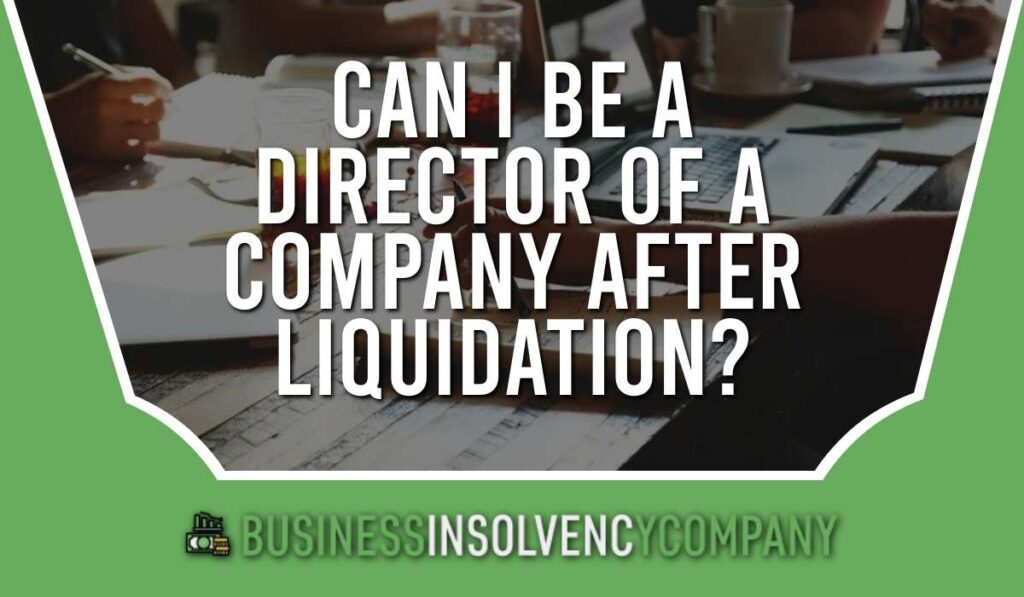


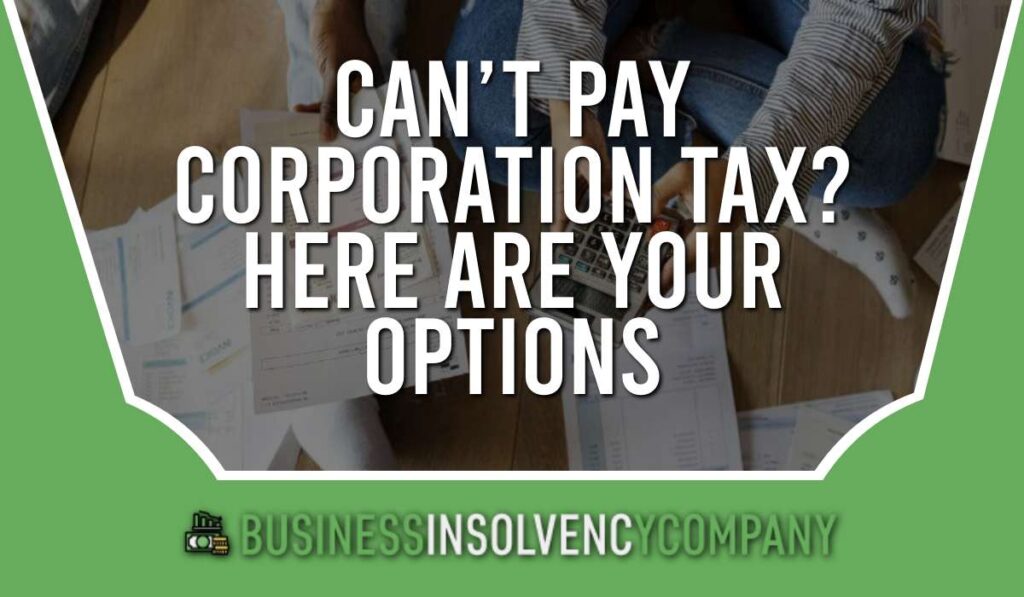

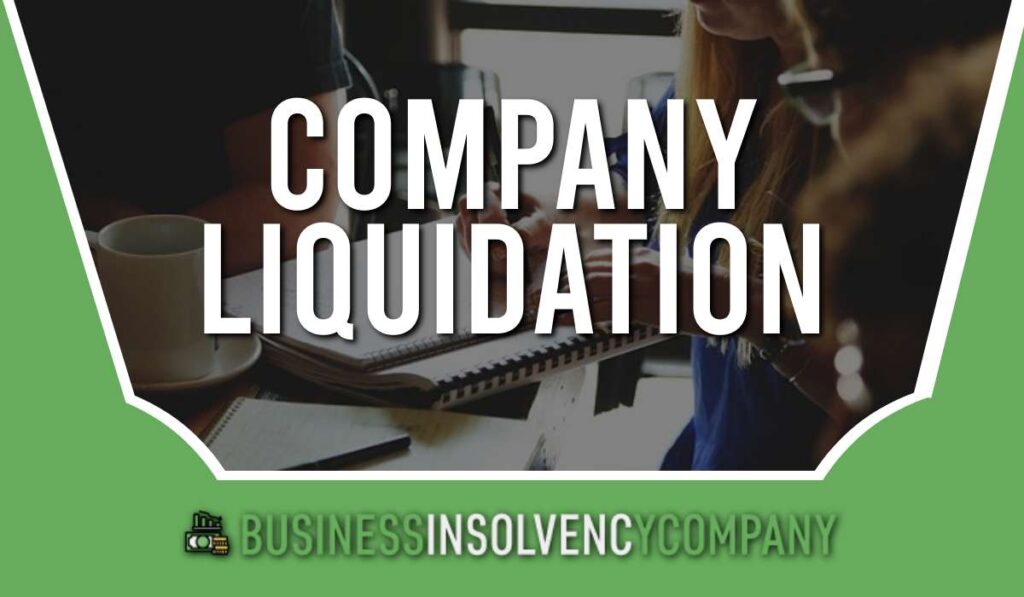
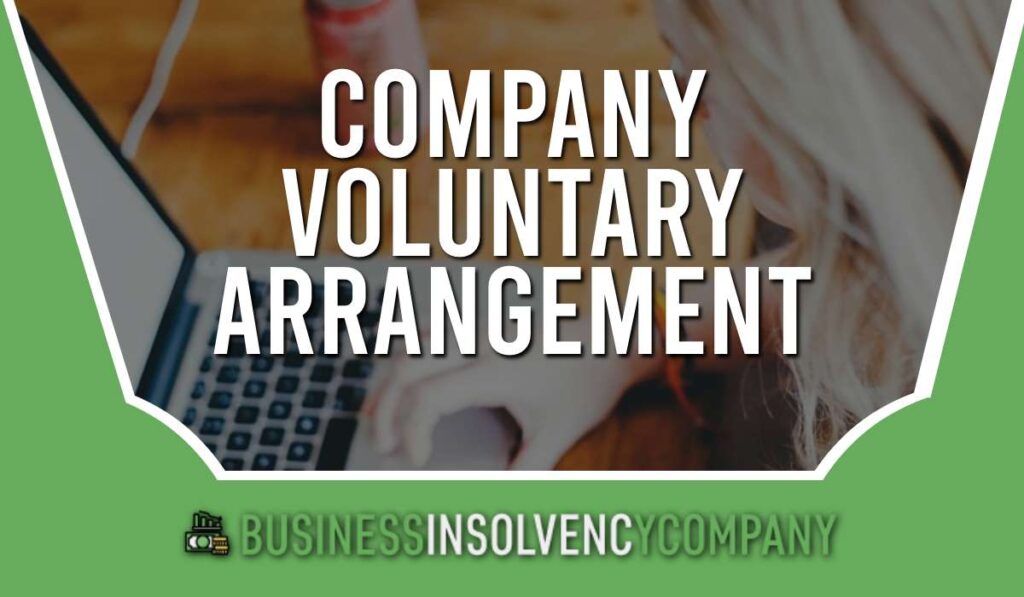

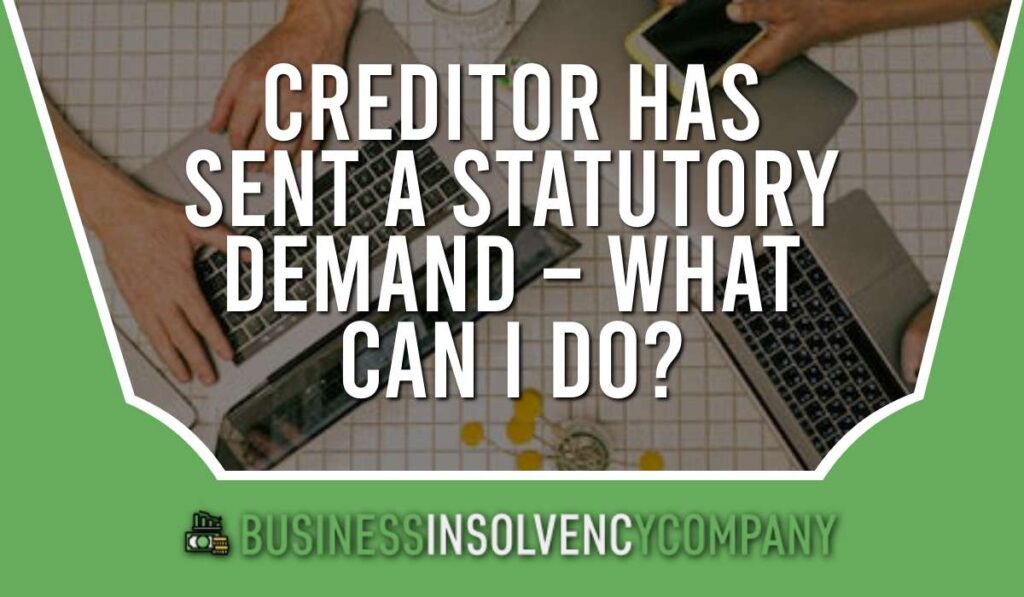
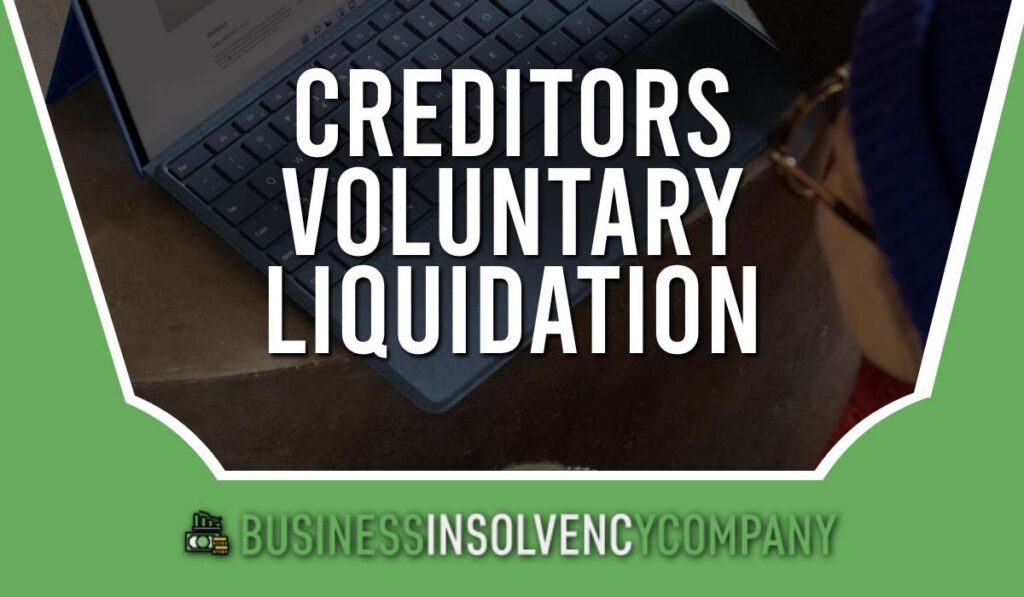
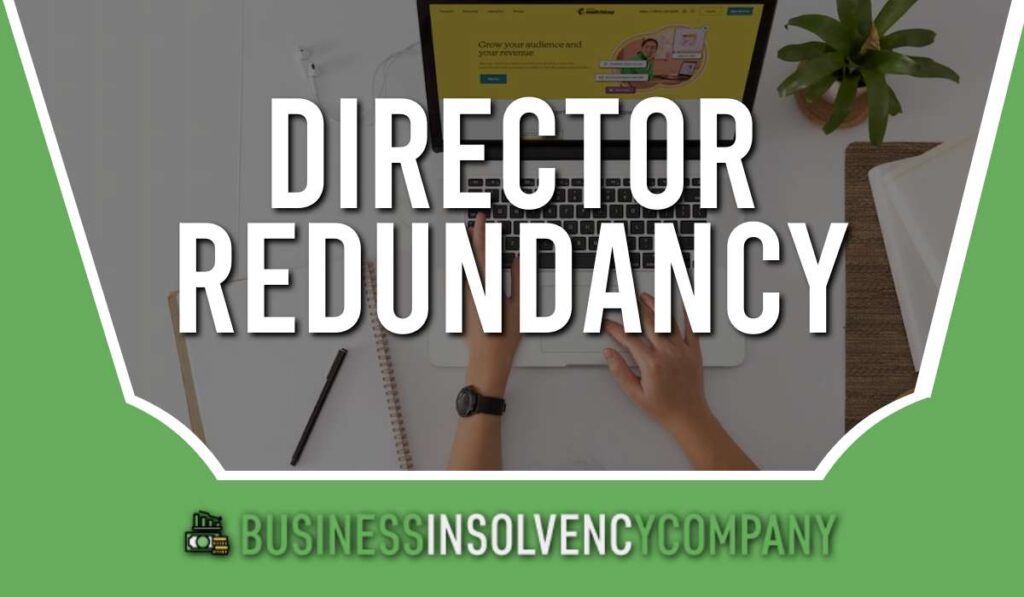
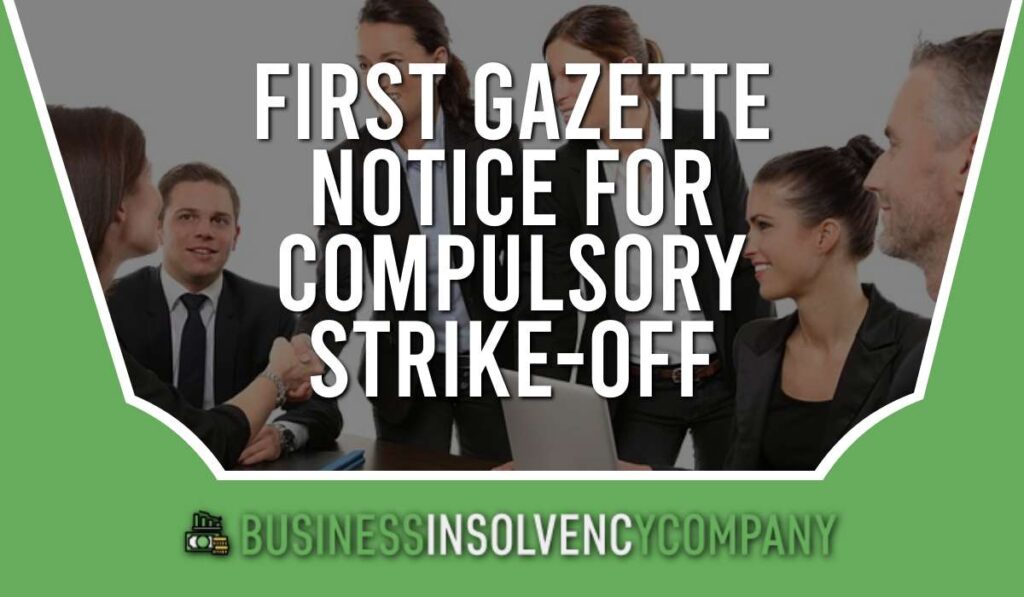
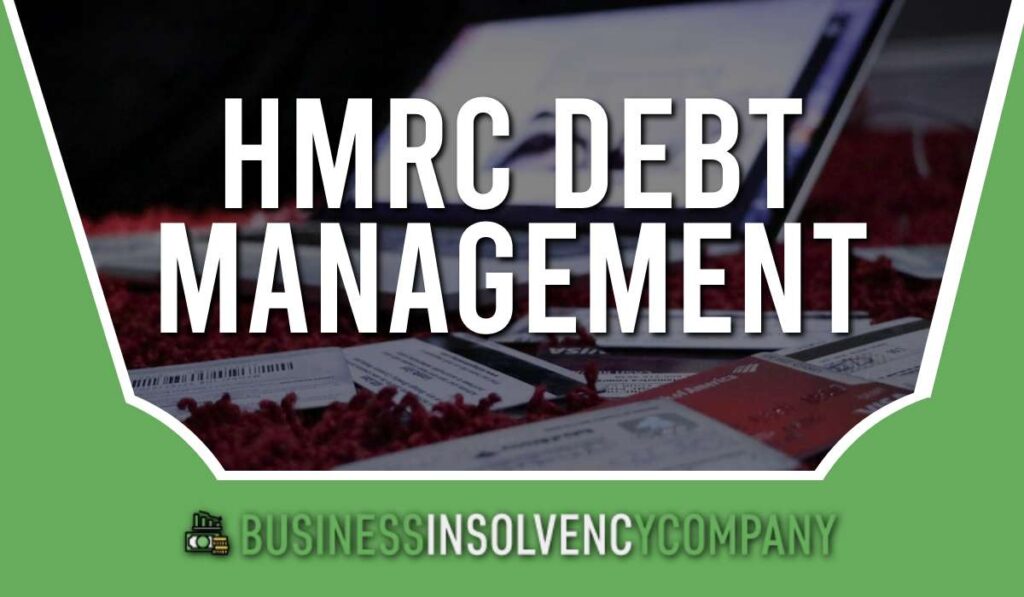

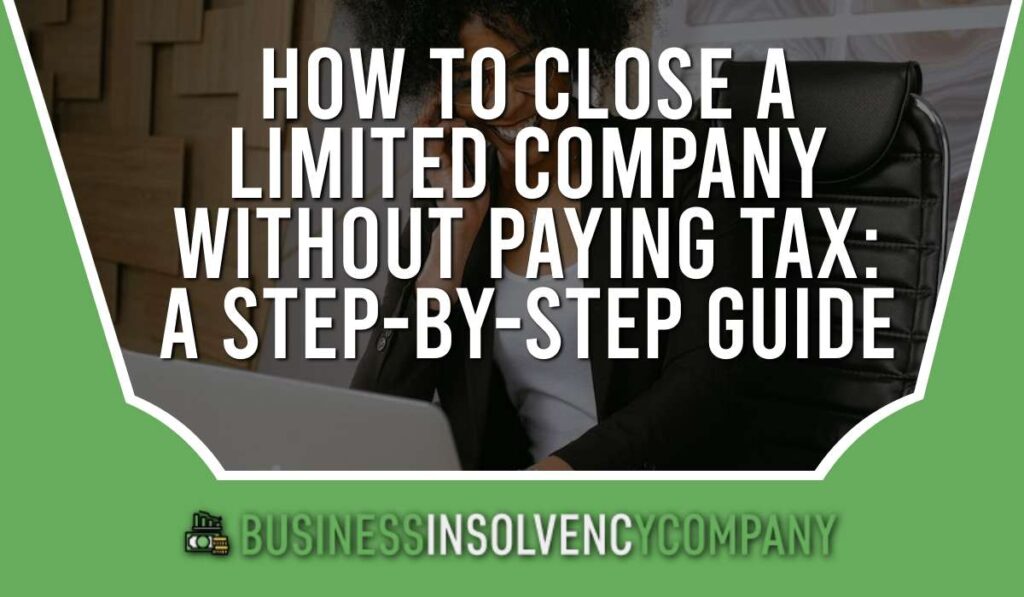
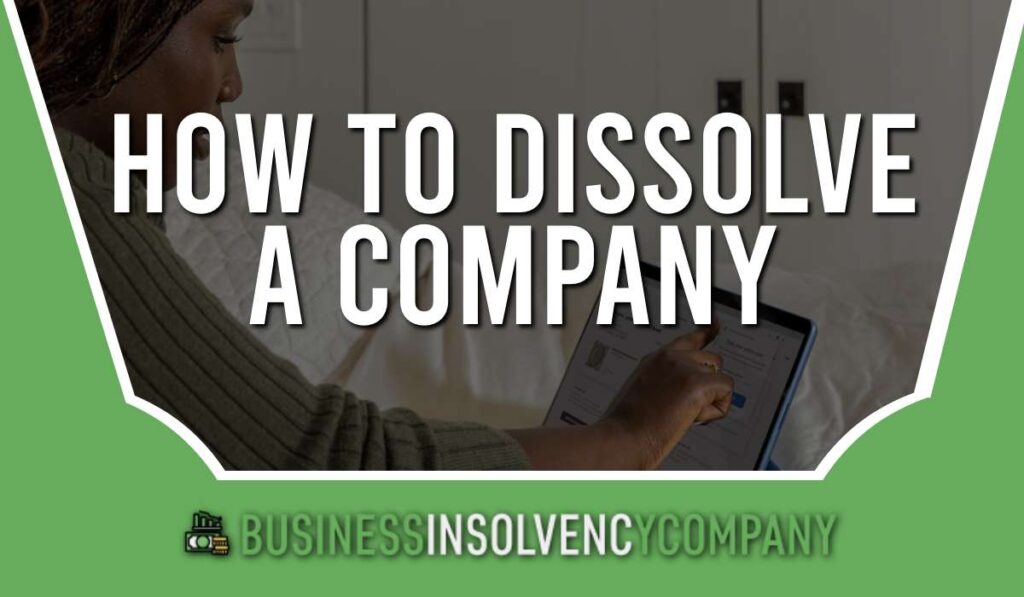



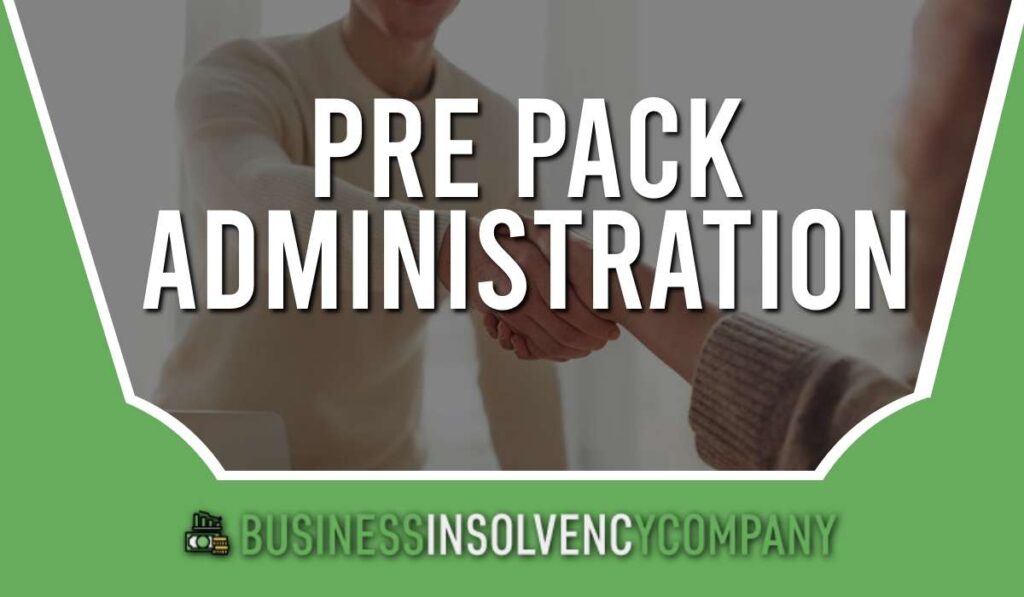






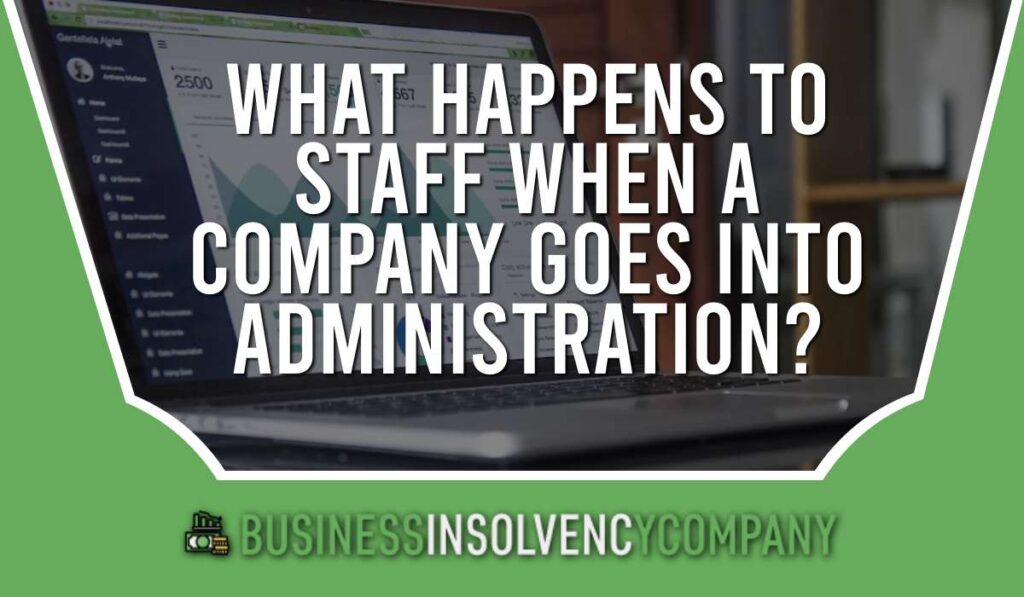

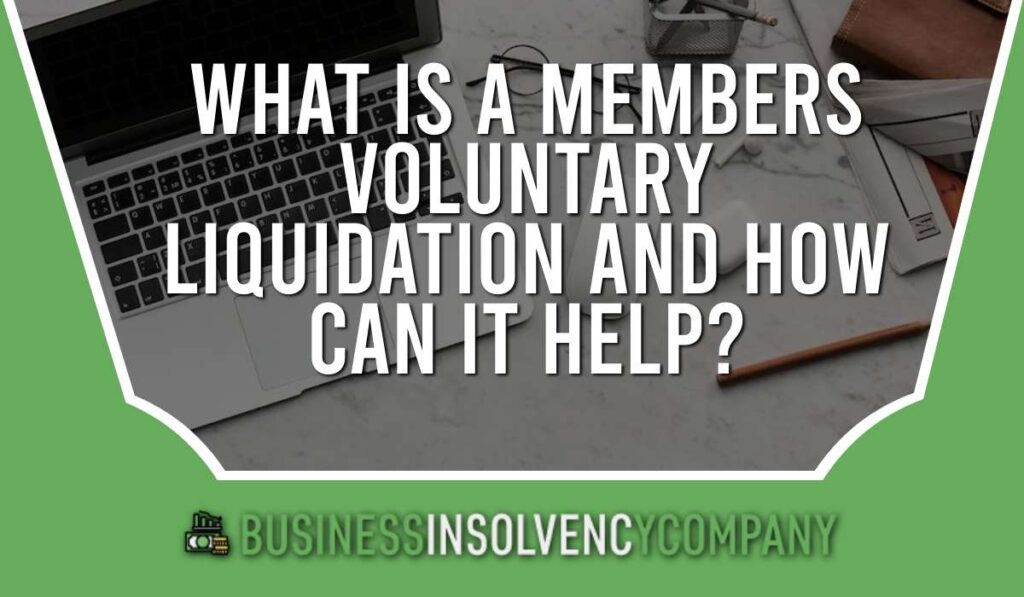

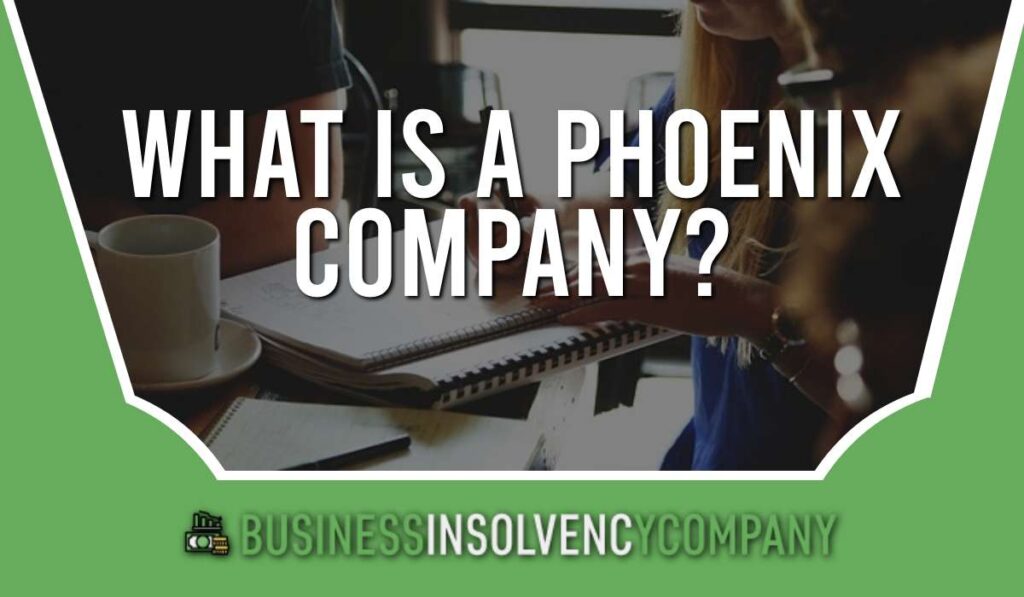

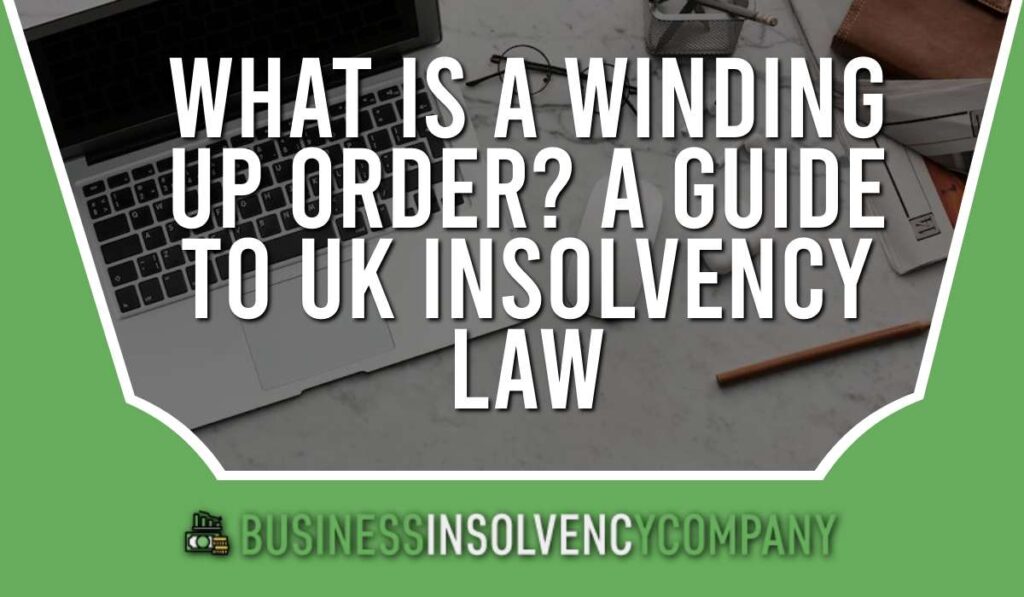




We Aim To Reply To All Enquiries With-in 24-Hours